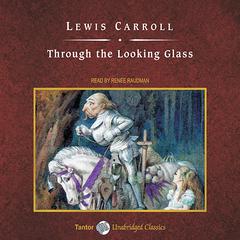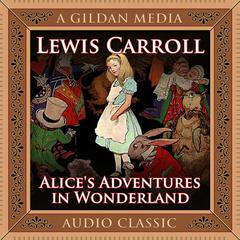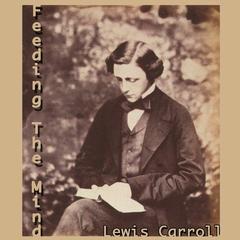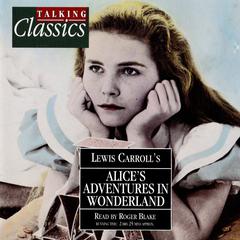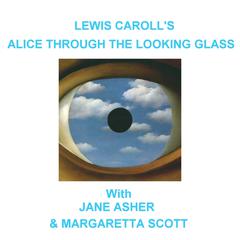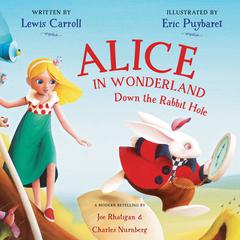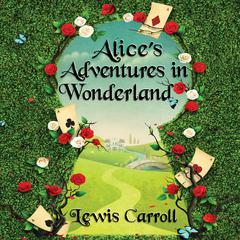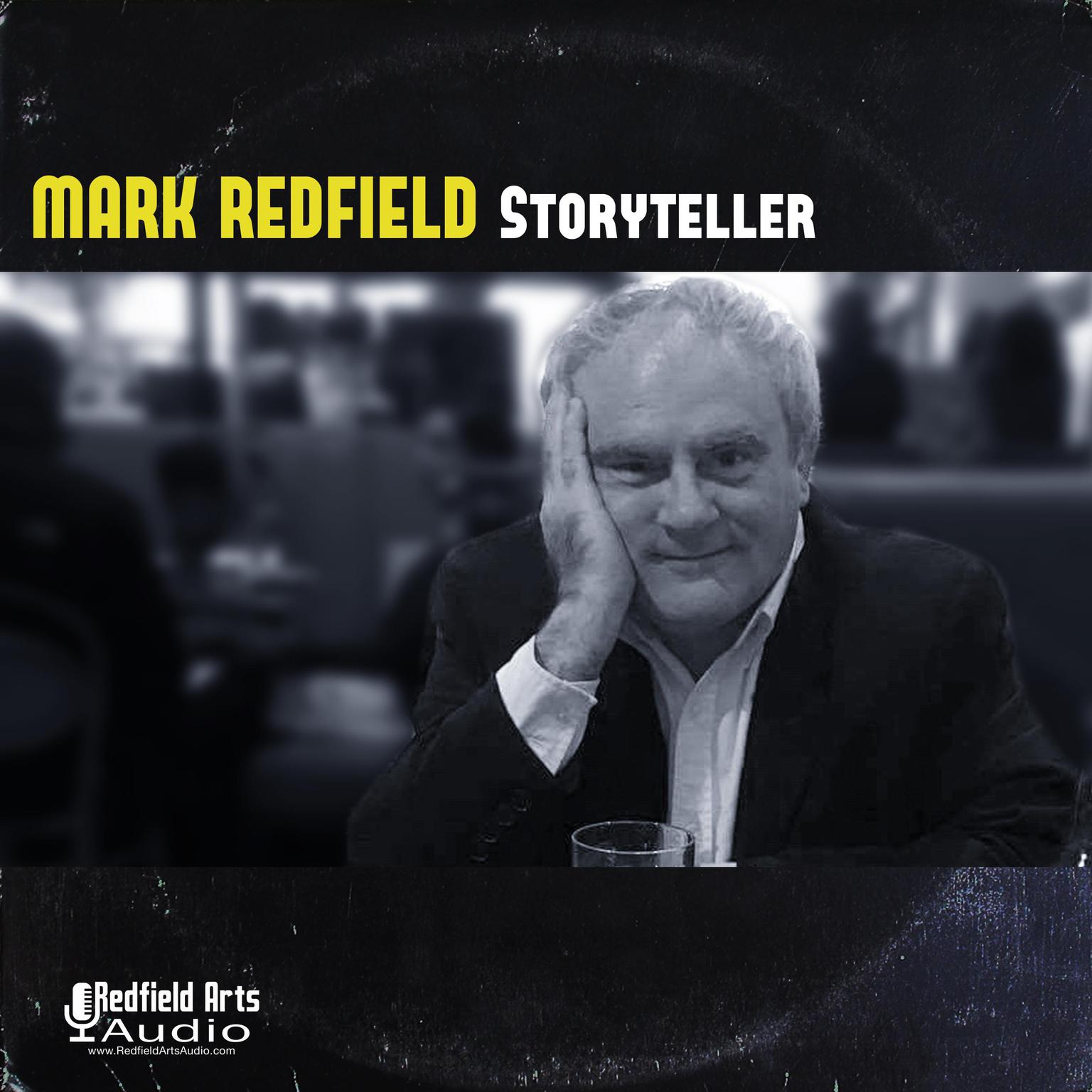 Play Audiobook Sample
Play Audiobook Sample
Mark Redfield Storyteller Audiobook
 Play Audiobook Sample
Play Audiobook Sample
Quick Stats About this Audiobook
Total Audiobook Chapters:
Longest Chapter Length:
Shortest Chapter Length:
Average Chapter Length:
Audiobooks by this Author:
Publisher Description
Mark Redfield performs and eclectic mix of story excerpts, poems and favorite readings of some of his favorite British and American storytellers.
CREDITS: Narrator: Mark Redfield. Audio engineers: Bill Dickson and Jennifer Rouse. Original Music by Bill Dickson and Jennifer Rouse. Recorded at Drat Productions and Seven Elms Studio, Baltimore. Album photography: Tami Hamalian.
Download and start listening now!
Mark Redfield Storyteller Listener Reviews
Be the first to write a review about this audiobook!
About the Authors
Lewis Carroll was the pen name of Charles Lutwidge Dodgson (1832–1898), English author, mathematician, and photographer. One of eleven children of a scholarly country parson, he studied mathematics at Oxford, obtained a university post, and then was ordained as a deacon but found true success with his masterpiece, Alice’s Adventures Under Ground, now known as Alice’s Adventures in Wonderland, which originated as a story told to a young friend, Alice Liddell, during a boating trip on the Thames. Among his other works are Through the Looking-Glass, and What Alice Found There, The Hunting of the Snark, and Jabberwocky.
Rudyard Kipling (1865–1936) was born of English parents in Bombay, India. At seventeen, he began work as a journalist and over the next seven years established an international reputation with his stories and verses of Indian and army life, including such classics as The Jungle Book and Kim. In 1907 he became the first English writer to receive the Nobel Prize.
Charles Dickens (1812–1870) was born in Landport, Portsmouth, England, the second of eight children in a family continually plagued by debt. A legacy brought release from the nightmare of debtors’ prison and child labor and afforded him a few years of formal schooling. He worked as an attorney’s clerk and newspaper reporter until his early writings brought him the amazing success that was to be his for the remainder of his life. He was the most popular English novelist of the Victorian era, and he remains popular, responsible for some of English literature’s most iconic characters.
Mark Twain, pseudonym of Samuel L. Clemens (1835–1910), was born in Florida, Missouri, and grew up in Hannibal on the west bank of the Mississippi River. He attended school briefly and then at age thirteen became a full-time apprentice to a local printer. When his older brother Orion established the Hannibal Journal, Samuel became a compositor for that paper and then, for a time, an itinerant printer. With a commission to write comic travel letters, he traveled down the Mississippi. Smitten with the riverboat life, he signed on as an apprentice to a steamboat pilot. After 1859, he became a licensed pilot, but two years later the Civil War put an end to the steam-boat traffic.
In 1861, he and his brother traveled to the Nevada Territory where Samuel became a writer for the Virginia City Territorial Enterprise, and there, on February 3, 1863, he signed a humorous account with the pseudonym Mark Twain. The name was a river man’s term for water “two fathoms deep” and thus just barely safe for navigation.
In 1870 Twain married and moved with his wife to Hartford, Connecticut. He became a highly successful lecturer in the United States and England, and he continued to write.
William Shakespeare (1564–1616), English poet and dramatist of the Elizabethan and early Jacobean period, is the most widely known author in all of English literature and often considered the greatest. He was an active member of a theater company for at least twenty years, during which time he wrote many great plays. Plays were not prized as literature at the time and Shakespeare was not widely read until the middle of the eighteenth century, when a great upsurge of interest in his works began that continues today.
Edgar Allan Poe (1809–1848) transformed the American literary landscape with his innovations in the short story genre and his haunting lyrical poetry, and he is credited with inventing American gothic horror and detective fiction. He was first published in 1827 and then began a career as a magazine writer and editor and a sharp literary critic. In 1845 the publication of his most famous poem, “The Raven,” brought him national fame.











